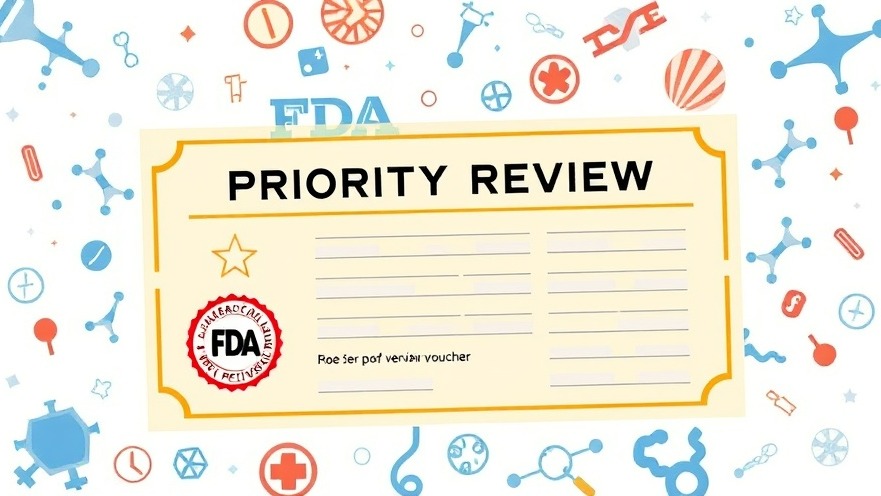
Understanding the Current Landscape of Medicaid and Its Implications
As the debate around Medicaid unfolds, it's essential for concierge medical practice owners to stay informed about changes that could affect their business and the patients they serve. The impending discussions within Congress regarding potential cuts to Medicaid funding have raised significant concerns regarding the future of healthcare accessibility for millions of Americans. Not only are the healthcare needs of vulnerable populations at stake, but the economic stability tied to Medicaid is also in jeopardy. The ramifications of these proposed budgetary adjustments will likely have a ripple effect across multiple sectors.
The Crucial Role of Medicaid
Medicaid is a lifeline for over 80 million individuals, offering health insurance and essential services to low-income families, older adults, and the disabled. As reported by multiple sources, including the Economic Policy Institute, any significant cuts to Medicaid would bring about dire consequences, exacerbating poverty and diminishing access to critical healthcare resources. This could lead to reduced healthcare spending, which would have a broader economic impact since Medicaid beneficiaries typically rely on every dollar for essential services—a dollar cut from Medicaid generally creates a larger macroeconomic effect than tax cuts for high-income individuals.
Potential Effects on Local Healthcare Practices
For owners of concierge medical practices, understanding these shifts is paramount. Cuts to Medicaid not only threaten the personal health of patients but could have tangible consequences for the financial health of local practices reliant on patient volume and diversity. If patients are forced to skip medical visits due to increased out-of-pocket costs or a lack of insurance coverage, local practices may witness decreased patient turnout and, consequently, reduced revenue streams. Understanding how to mitigate these challenges will be critical in maintaining a thriving practice amid economic uncertainties.
Long-Term Economic Concerns with Proposed Medicaid Cuts
Experts argue that significant Medicaid cuts could not only deprive millions of necessary healthcare but also contribute to a recession. The Economic Policy Institute warns that such cuts could result in a 0.5% drag on economic growth and an uptick in unemployment. A loss of nearly 550,000 jobs can deeply affect local economies, especially in rural areas where Medicaid is a pivotal source of income for healthcare providers. As such, it's imperative for medical practice owners to engage in advocacy and educate their communities about the critical importance of Medicaid funding.
Moving Forward: Strategies for Concierge Practices
In light of possible Medicaid cuts, concierge medical practices must adopt proactive strategies to secure their standing in their communities. Engaging with local lawmakers, advocating for patient rights, and enhancing patient education about available services can foster loyalty and strengthen community ties. Additionally, exploring alternative revenue models—such as offering specialized services or wellness programs targeting specific patient populations—can help in diversifying income and mitigating potential losses from Medicaid-dependent patients.
It's crucial for concierge medical practice owners to grasp the intricacies of these regulations while also seeking innovative solutions that can preserve both their business and patient care standards. As changes continue to evolve, staying informed and adept will empower owners to adapt and thrive in this challenging environment.
Conclusion: The Importance of Advocacy and Adaptation
As an owner in the competitive landscape of healthcare, it's vital to not only focus on growth but also to understand the regulatory environment that can drastically impact your practice and patient care. Advocating for Medicaid and being actively involved in policy discussions not only reflects a commitment to your patients but also positions your practice as a leader in the healthcare community. In doing so, you can enhance your practice’s reputation, ensure sustainability, and ultimately support the well-being of those who rely on your services.
 Add Row
Add Row  Add
Add 






Write A Comment